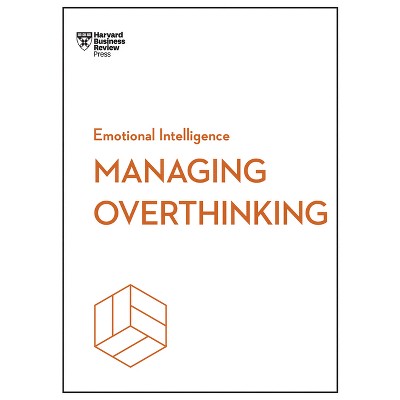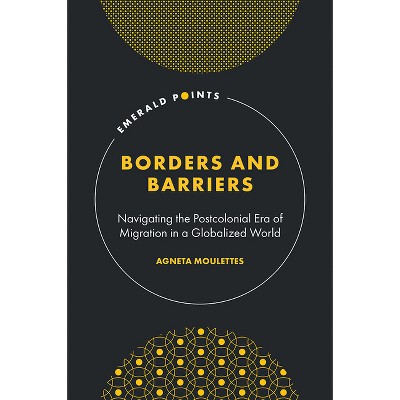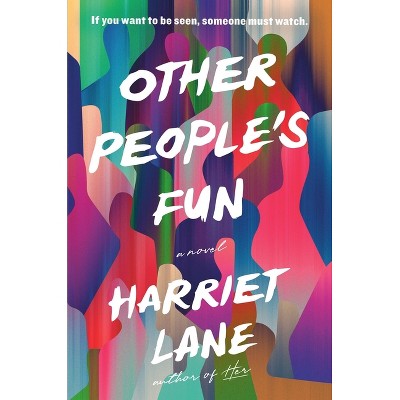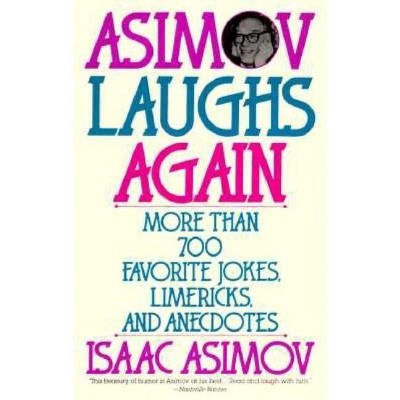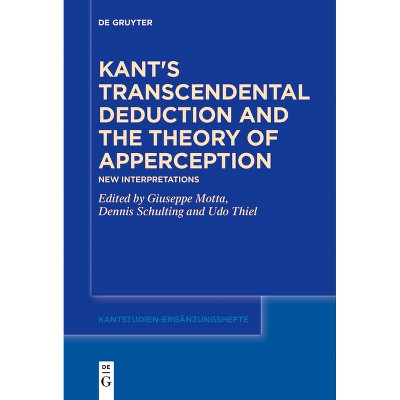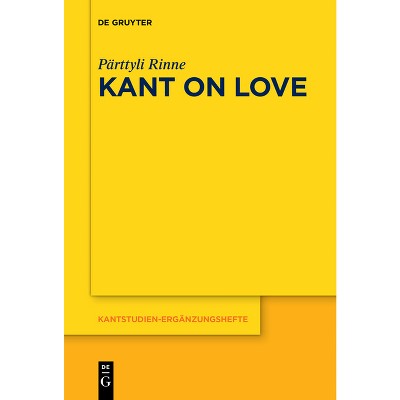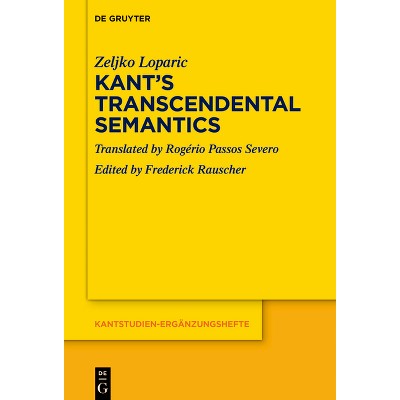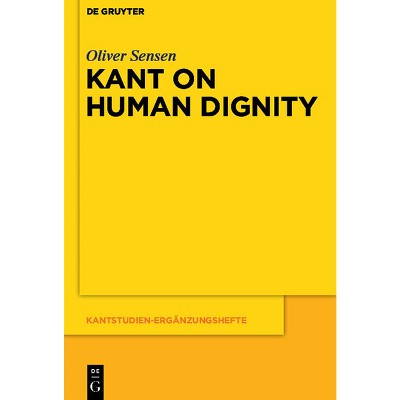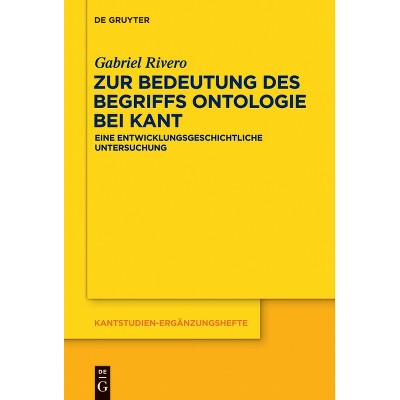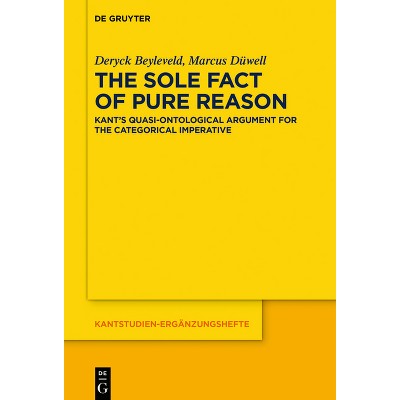Sponsored

The Bounds of Freedom: Kant's Causal Theory of Action - (Kantstudien-Ergänzungshefte) by Robert Greenberg (Paperback)
In Stock
Sponsored
About this item
Highlights
- This monograph is a new interpretation of Kant's àtemporal conception of the causality of the freedom of the will.
- About the Author: Robert Greenberg, Brandeis University, Waltham, Mass.
- 145 Pages
- Philosophy, History & Surveys
- Series Name: Kantstudien-Ergänzungshefte
Description
About the Book
Greenberg tackles one of Kant's most difficult ideas: that we can be the cause of our actions only if the act of our will is free of everything that makes up who we are as individuals. This entails that our free will does not exist in the same timBook Synopsis
This monograph is a new interpretation of Kant's àtemporal conception of the causality of the freedom of the will. The interpretation is based on an analysis of Kant's primary conception of an action, viz., as a causal consequence of the will. The analysis in turn is based on H. P. Grice's causal theory of perception and on P. F. Strawson's modification of the theory.
The monograph rejects the customary assumption that Kant's maxim of an action is a causal determination of the action. It assumes instead that the maxim is definitive of the action, and since its main thesis is that an action for Kant is to be primarily understood as an effect of the will, it concludes that the maxim of an action can only be its logical determination.
Kant's àtemporal conception of the causality of free will is confronted not only by contemporary philosophical conceptions of causality, but by Kant's own complementary theory of causality, in the Second Analogy of Experience. According to this latter conception, causality is a natural relation among physical and psychological objects, and is therefore a temporal relation among them. Faced with this conflict, Kant scholars like Allen W. Wood either reject Kant's àtemporal conception of causality or like Henry E. Allison accept it, but only in an anodyne form. Both camps, however, make the aforementioned assumption that Kant's maxim of an action is a causal determination of the action. The monograph, rejecting the assumption, belongs to neither camp.
From the Back Cover
The book provides a new way of understanding one of Kant's most difficult ideas. It is the idea that we can be the cause of our actions only if the act of our will is free of everything that makes up who we are as individuals. This entails that our free will does not exist in the same time that includes everything that determines our individuality.
Greenberg attempts to explain this idea through an analysis of Kant's concept of an action. The key is that the concept includes the will as the cause of the action; so included, the causal connectionis àtemporal.
About the Author
Robert Greenberg, Brandeis University, Waltham, Mass. USA.
Shipping details
Return details
Frequently bought together
Trending Philosophy


